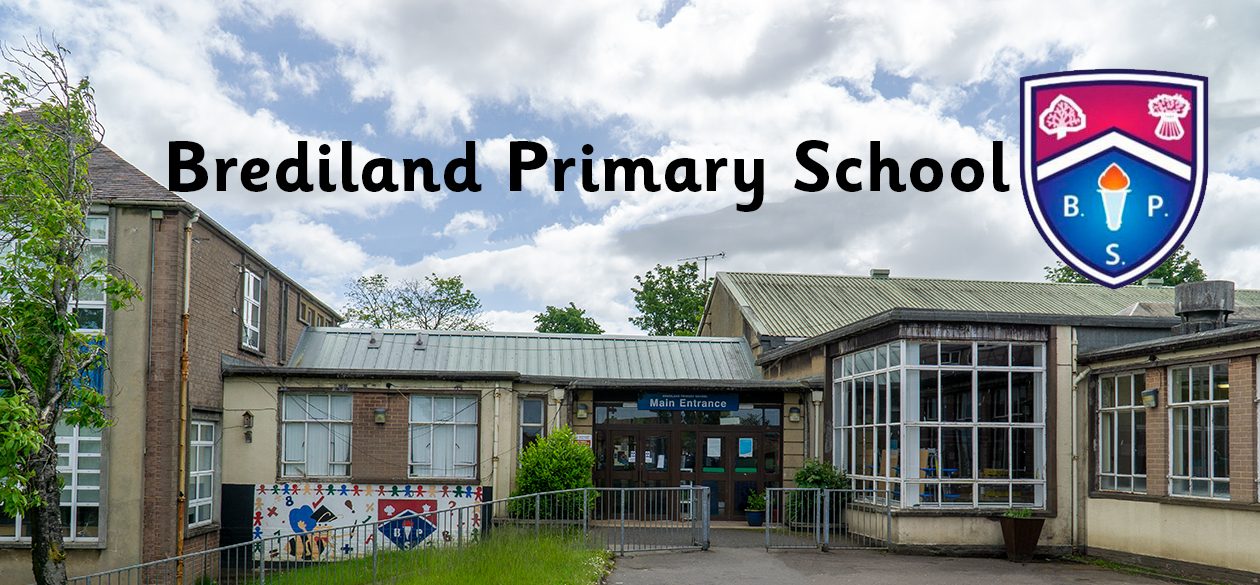Restorative Behaviour – General Overview
Restorative behaviour approaches is a range of practices, which help children to develop the skills and attitudes necessary to build, maintain and repair relationships with their peers and adults. The approaches offer an alternative to the punitive systems and sanctions traditionally used to manage behaviour. Restorative behaviour approaches should not be seen as a ‘soft’ option as children are obliged to be accountable and responsible for their actions and to learn from their behaviour and to change.
Restorative Behaviour is built on these main principles:
RESPECT – for everyone by listening to the opinions of others.
RESPONSIBILITY – taking responsibility for your own actions.
REPAIR – developing the skills to identify solutions to repair harm and ensure that behaviours are not repeated.
RE-INTEGRATION – working through a structured, supportive process that enables children to purposefully reintegrate to the learning environment.
Restorative Behaviour in Brediland Primary School
Teaching and learning in Brediland Primary School is underpinned by a behaviour policy, which creates a respectful and positive atmosphere throughout the school thereby maximising the potential for learning. Restorative approaches encourage and support pupils to think not only of the consequences of their behaviour on themselves, but also to consider the impact of their actions on others, and on the wider school community.
The process is based on 5 key questions:
· What happened?
· What were your thoughts/feelings?
· Who has been affected/harmed?
· How can we meet everyone’s needs and find a way forward?
· How can we do things differently in the future?
Pupils are given the opportunity to reflect on their actions and the chance to put things right through mediation and discussion. Restorative processes do not shy away from applying sanctions, such as loss of privileges, but focus on the need to take responsibility for finding a constructive way forward for all concerned.
The impact of this approach is evident in the relationships forged throughout the school. The strategies involved, which include quality listening, respectful discussion and taking ownership of behaviour, result in a positive ethos.
The behaviour policy is supported by reward systems which are valued by the pupils and celebrated in weekly assemblies.

